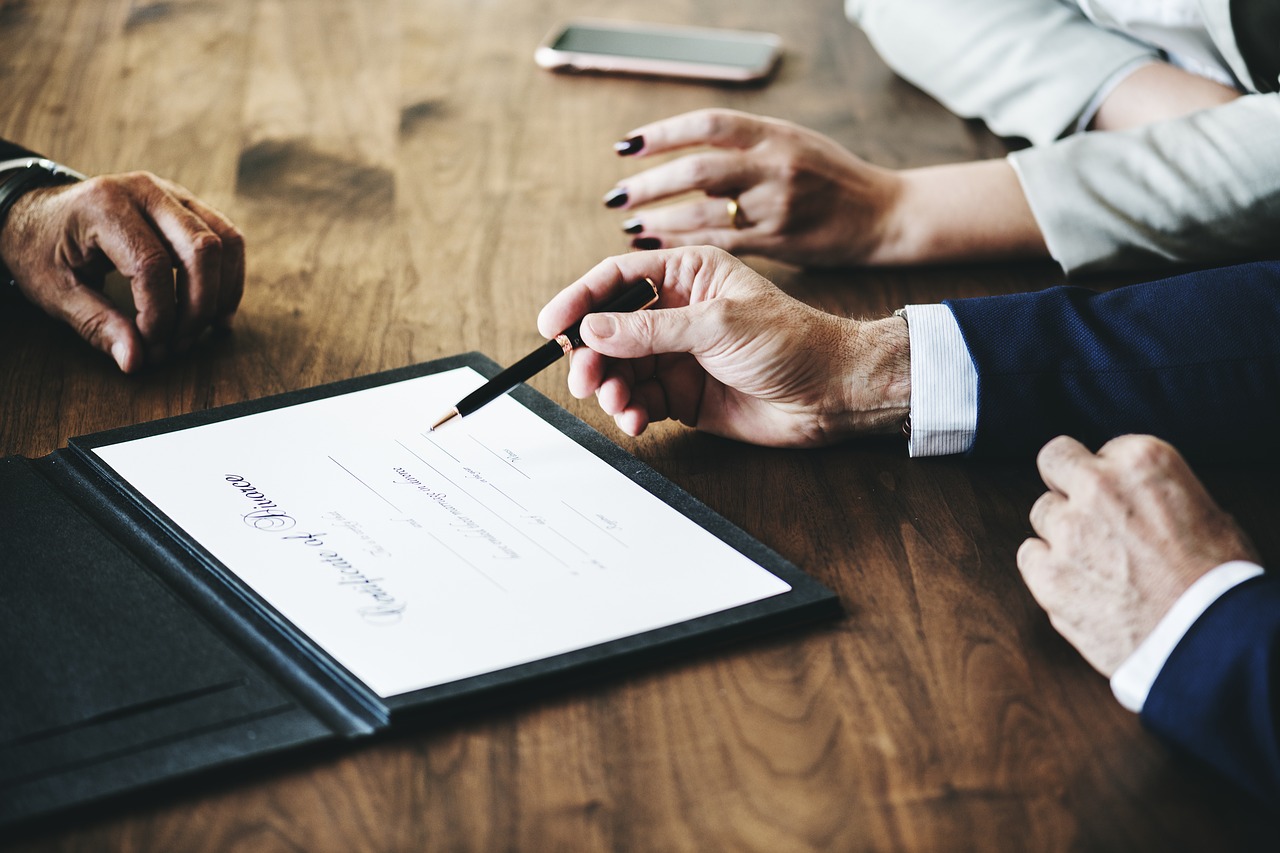An estate’s assets must be proven in a court procedure called probate. Executors are responsible for overseeing this process and ensuring that the deceased’s wishes are met. Propertied owners who pass away without leaving a will often necessitate a probate sale. Heirs must go through probate to sell the property. Inheritors receive the sale proceeds after the probate process is completed, the property is sold, and all estate debts have been settled.
The policies put in place by executor insurance protect the executor and the beneficiaries against any claims that may arise in the future. What kind of claims may occur, you ask? Well, the most common claims are for aspects such as unpaid taxes and outstanding debts.
Let’s explore in-depth the key roles and responsibilities of executors.
1. Obtain a grant of testamentary succession
The Grant of Probate is the first step in managing an estate after someone has passed away. The executor will be granted authority to do so and should file this with the appropriate court documents for approval.
The executor will need to submit a probate application to the court, along with various other documents such as the will, death certificate, and list of assets and liabilities.
There are many steps involved in processing these requests, so there can’t always be an exact timeline on when they’ll get back to you, but usually within a week or so, the request should have been addressed.
Identification and proof that the person who died was someone’s relative or family member would be required, of which these full details can be seen here.
- Collect and secure the assets.
Once the grant of probate has been obtained, the executor’s next task is to collect all of the deceased’s assets. This includes property, bank accounts, investments, and personal belongings.
This is important because it ensures that the assets are protected and cannot be sold or disposed of without the executor’s permission.
- Pay off any debts and liabilities.
The next step is to pay off any debts or liabilities the deceased had. This includes mortgage payments, credit card debts, and utility bills. It is vital to pay off these debts as soon as possible as they may accrue interest and become more expensive to pay off over time.
The executor will also need to pay any taxes owed on the estate, including income tax, capital gains tax, and inheritance tax.
- Distribute the estate
Once all of the debts and liabilities have been paid off, the executor can start to distribute the estate to the beneficiaries. This usually involves transferring ownership of property and assets and distributing any money held in bank accounts or investments.
It is important to note that the distribution of the estate must be done under the terms of the will. When a person dies without leaving behind any written instructions as to how their property should be distributed, the law steps in and determines what happens with it.
5. Ensure accuracy of records
Throughout the whole process, the executor needs to keep accurate records of all money spent and all assets that are distributed. If a dispute or claim is filed against the estate after it has been distributed, it is important to keep records.
Conclusion
The role of executor is vital and it is essential to understand the key responsibilities to protect both yourself and the beneficiaries. By following these steps, executors can defend themselves and the heirs against any potential claims.
You should consider seeking professional advice if you are considering taking on this role to ensure that you understand the full scope of responsibilities.



















